|
Written by Claire Crowley
In the autumn of last year a number of interested people got together to talk about offering a warm bowl of soup in a warm place over the winter months. Soup making and serving volunteers stepped up, surplus food was allocated, equipment purchased and a plan hatched! Uppingham Town Council financially supported this initiative. Thanks for your support! Each week at 8 am on a Friday morning, some yummy vegetables were prepared and all put in the slow cooker for the next few hours until lunchtime. The process involved using a range of surplus food from our Rutland Community Fridges, saving the veggie peelings for composting, recycling any plastic in the Coop and buying any extras locally and as much as possible from the refill shop, A Simpler Life. At lunchtime, people came to set up tables between them, eat, drink tea and coffee, make friends, have lovely chats and keep warm while waiting for the Rutland community fridge to open. Local volunteers supported the smooth running of the Souper Space and students from Uppingham Community College proved to be great washer uppers!! Around 500 bowls of soup have been served in the 20 weeks that we opened in only 2 hours each week! This, we think is a great success and we will offer soup again in the Autumn and Winter of this year. Thanks to everyone involved in the concept, the planning, the volunteering, the friendship building and to those who suggested coming, to their friends. Going forward, we will continue to open for tea, coffee, cake and chats.
0 Comments
Written by Clare Caro It was a great surprise when visitors at the Global Birdfair started arriving at Growers Row because they had been sent over to see how it could be done. It turns out that the garden's balance of productive growing space and the rewilded area, working in the same field together, was something that needed to be seen, something people were aiming to achieve in their work, and they were coming to see how it could be done. Left: Productive area of the garden Right: Wild side of the garden. Both photos taken on 20th July 2022. Growers Row is a 1.4-acre, ancient ridge and furrow field surrounded by hedges and handed over to Root-and-Branch Out by the Rutland Agricultural Society in March 2021 to create an accessible, productive, educational and beneficial growing space for the whole community. Sixteen months into the development of Growers Row, we have a community growing space where people of all ages and abilities come to garden, build and maintain the productive side of Growers Row. Above: A selection of images showing food that we grow together at Growers Row. In the first year, we harvested 145kg of community-grown food. Most of the harvest went home with volunteers, while the surplus went to Rutland Community Fridges for wider community distribution. This growing season along with the usual fruit and vegetables, the garden beds are also populated with rescue plants from local Supermarkets. Given to us nearly dead on the shelves, we revitalized nearly all, and these are now thriving. As a result, we have large colourful beds of flowers and some fruiting plants, loved by insects and visitors alike! They say to leave a newly acquired garden for a year before making any changes. That way, you can see what is already growing there. We left a large area of Growers Row in that first year and were delighted to find Bee Orchids, naturally formed patches of Oxeye Daisy, Ragwort, Field Bindweed, Nettles, along with many different types of grasses. This wild area was also home to Ants, Wasps, Bees, Moles, Voles, and visited by Pheasants, Foxes and Muntjac. At the end of the first Summer, work began on a large area stretching through the entire garden to be rewilded into the "Wildflower River". The River includes many of the naturally formed plant patches to ensure they stay intact. It also acts as a safe space for insects, animals and plants to live and coexist with us 'gardeners'. Above: A selection of photos showing plants, insects and animals we share Growers Row with. Planning and creating such a dual-purpose garden area has been an educational exercise in itself. Volunteers have been part of the planning, and many decisions have been 'organic' to meet the community's needs. Together we have made planning decisions that include people and nature, how we can work the space to be truly inclusive, sustainable and nurturing to all those who use Growers Row. The garden also hosts groups of children, adults and families for educational activities and crafting sessions. Growers Row offers not only a rich educational space to all those who visit, it also provides a 'living curriculum'. Growers Row is open 10am to 3pm Wednesdays, or by appointment. Visit to see the garden's balance of productive growing space and rewilded area in the same field. Written by Clare Caro
On the 23rd March 2020, everything stopped as the country went into lockdown. We were bereft as we are normally so engaged with our community. With people panic buying, our usual surplus food donations from Tesco ground to a halt. All of us were worried about how to get our toilet roll! We ummmed and arrrhhhhed quite a bit and then came up with a plan. Within the first few days of not working, an email from "Neighbourly" dropped into our inbox offering small grants for charities and community organistions, to support people affected by the Lockdown. We quickly applied for this grant and within a week had recieved the money. We decided that the best way to use this money was to buy food. We linked this to our Fill Yer Boots project and worked with schools and local volunteers to get boxes of food for Easter to families.
Another, bigger grant from Leicestershire and Rutland Community Foundation also came through to support our work to deliver surplus food. It enabled us to expand our food delivery to three schools, where we already have connections. There is currently an abundance of surplus food at Tesco that we pick up 4 or 5 times a week and distribute to families. Dig for Rutland! It is fortunate that visiting allotments has been allowed during this lockdown. We have been sowing hundreds of seeds at home for our own gardens and our three community growing spaces. Following discussions with Head Teachers, we have been caring for the growing spaces in two schools. Both primary schools in Uppingham have allotment beds that we have been clearing and getting food into the ground, ready for picking and eating this summer. We are grateful to local folk for donating plants, seeds and tools for our projects. Rutland Voluntary Sector Connections We are really fortunate to have such strong networks within the voluntary sector. There have been weekly Zoom meetings with others working in the community during this time and we have managed to discuss potential and exisiting projects and ideas for the benefit of our Rutland community.
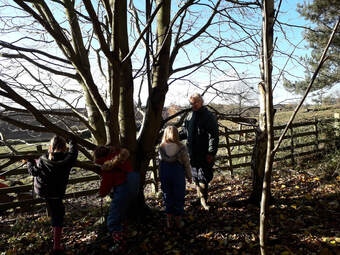 On a beautiful sunny day in November 2019, we were delighted to host The High Sheriff. Fully prepared in wellies and warm clothes Margaret Miles was introduced to the forest school ethos with Uppingham C of E Primary School group. The children made sure our visitor was welcomed and knew how to walk around the fire circle, which trees you can climb, where the swings and dens were and shared their play and creations. We received this email after her visit: Dear Alex and Claire, Thank you so much for letting me join you and the school pupils in Belton on Monday. It was a real treat to meet the children who without doubt enjoyed the freedom to simply ‘play in the woods’ and the opportunity to learn about different countryside activities. They were all full of enthusiasm throughout the visit and so keen to share their learning with me.The learning opportunities that you provide, as well as giving them time for unstructured play , is impressive. Thank you both for your hard work and dedication, to a cause that is so invaluable for our young people of Rutland. I hope to catch you again at the Rutland Farm Park on a Wednesday. Very best wishes Margaret
|
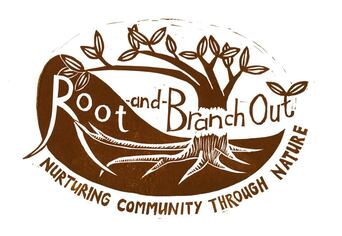
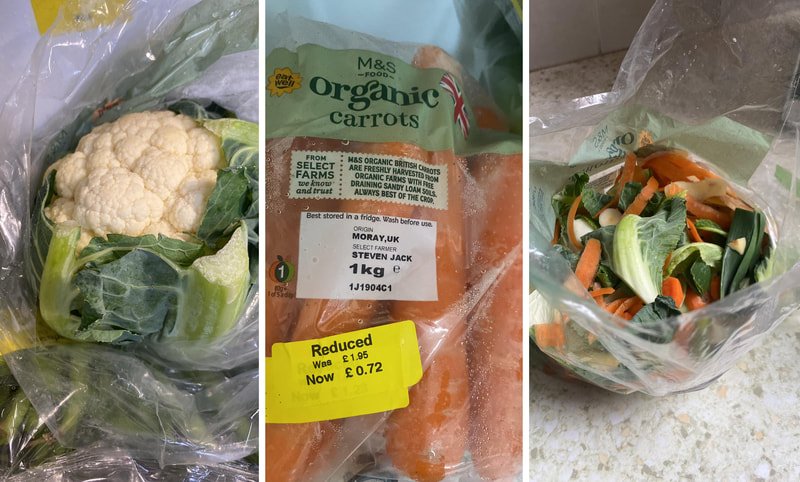
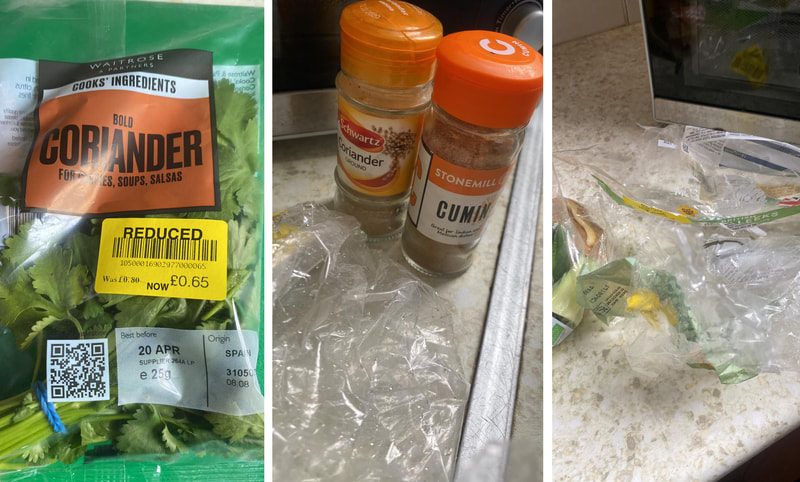
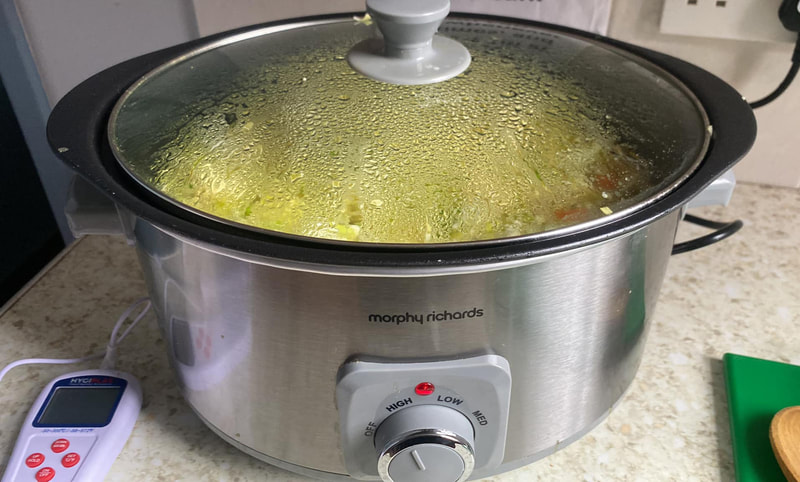
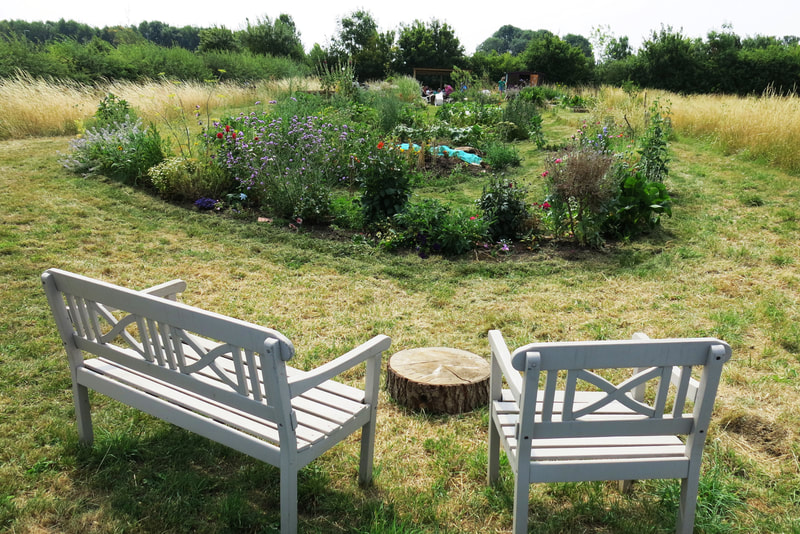
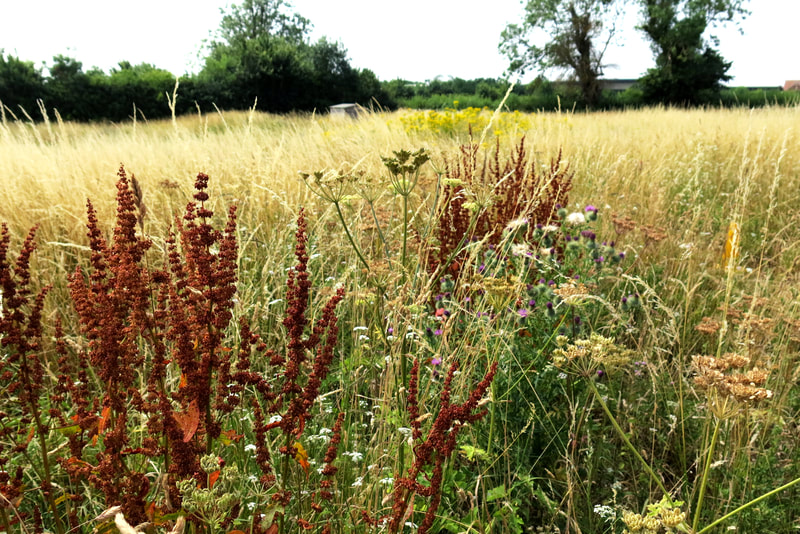
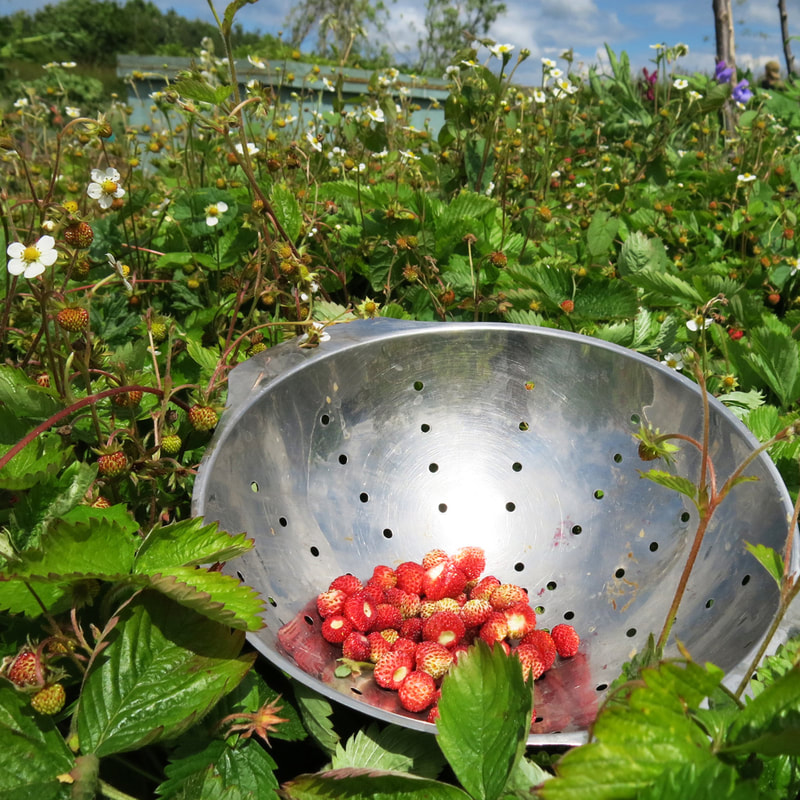
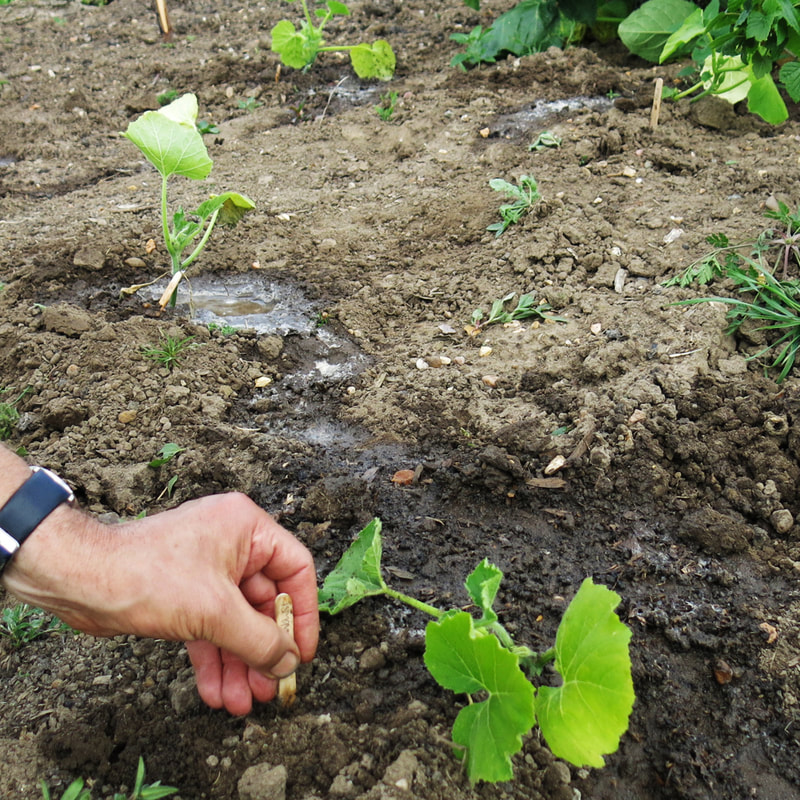
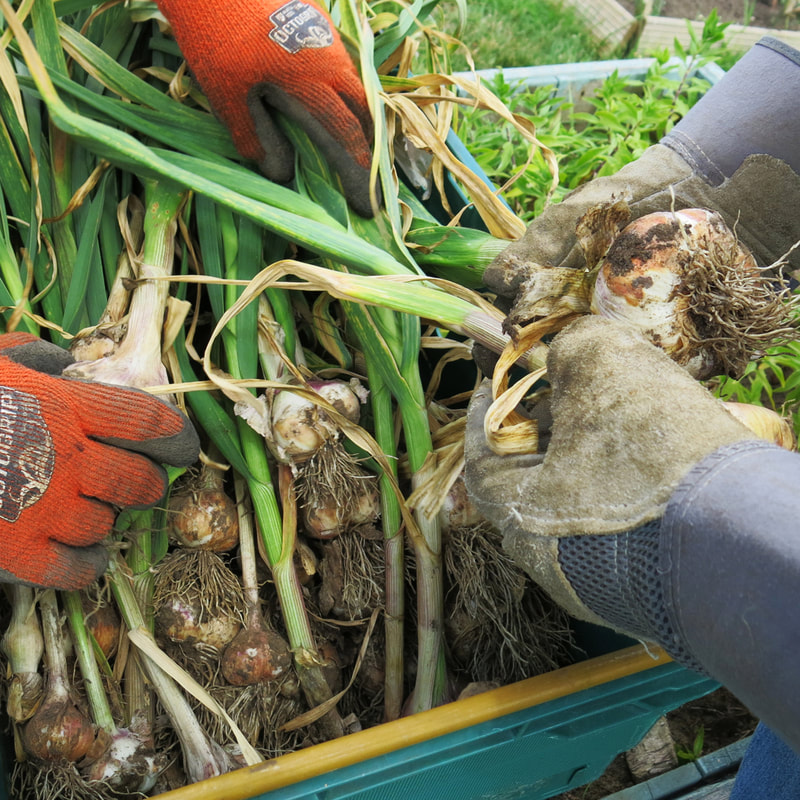
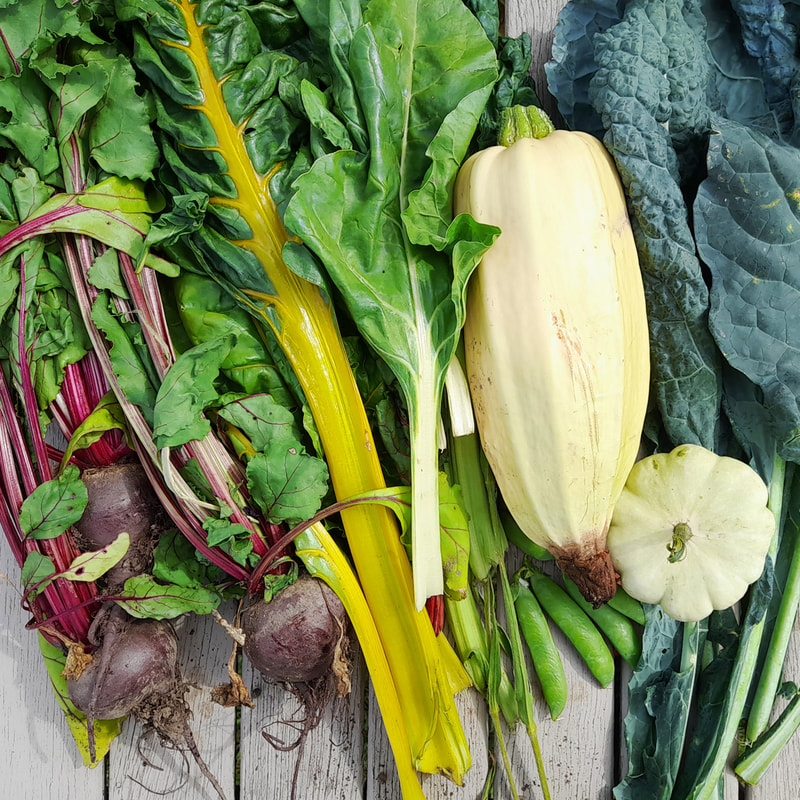
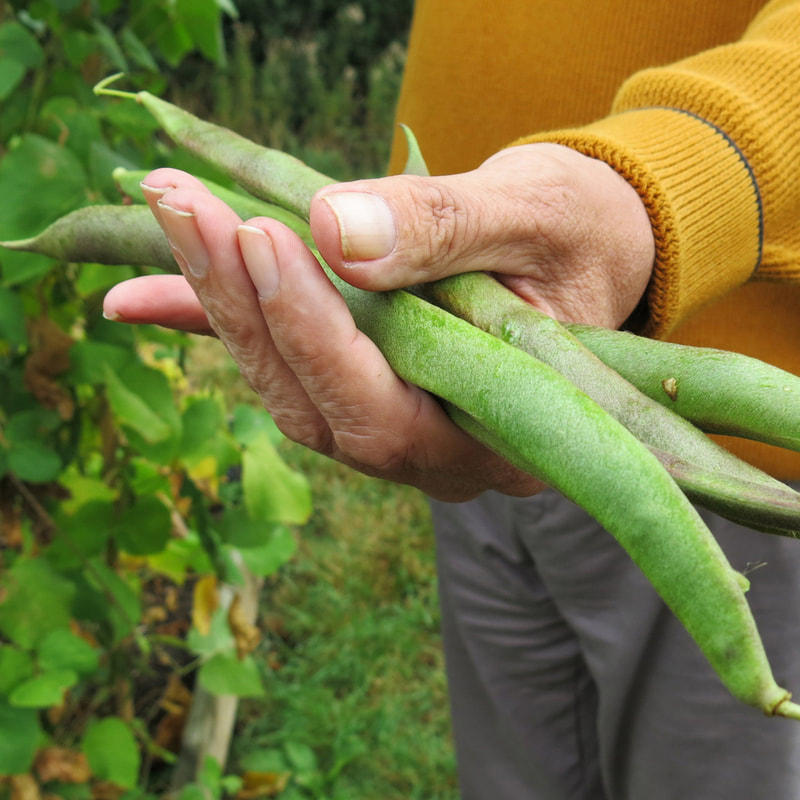
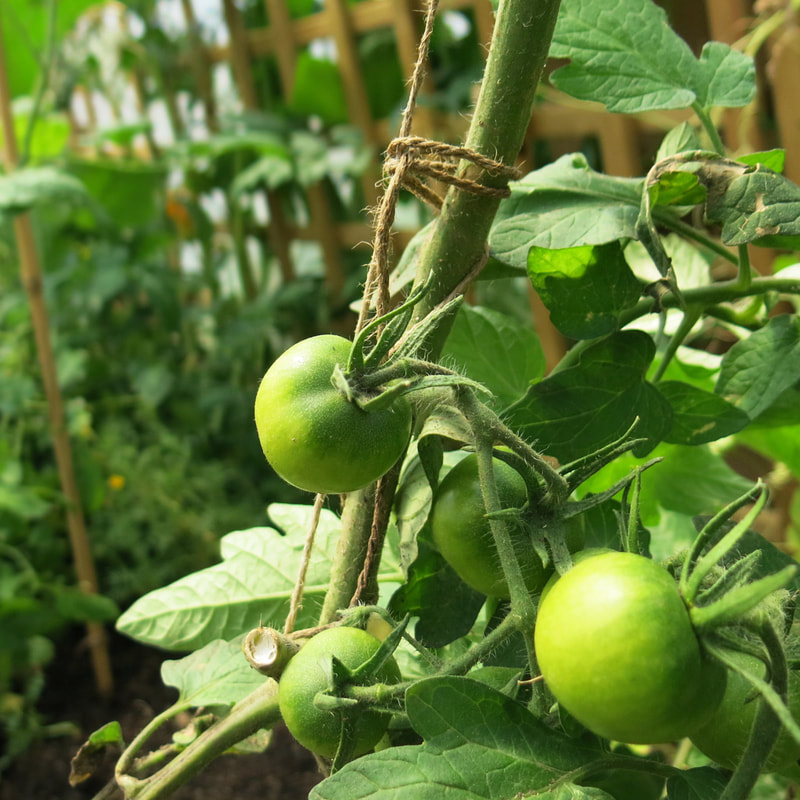
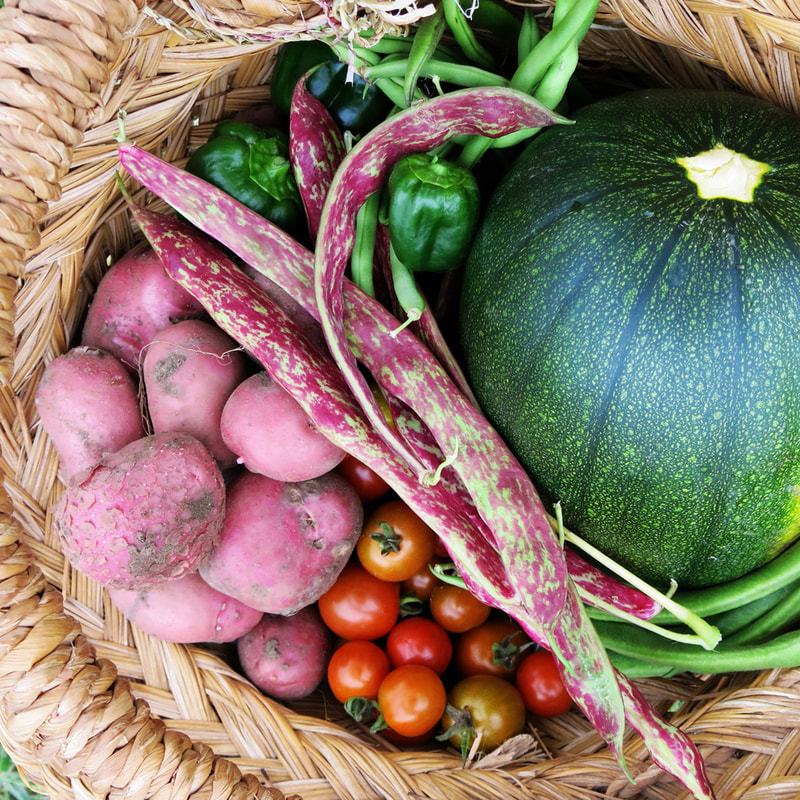
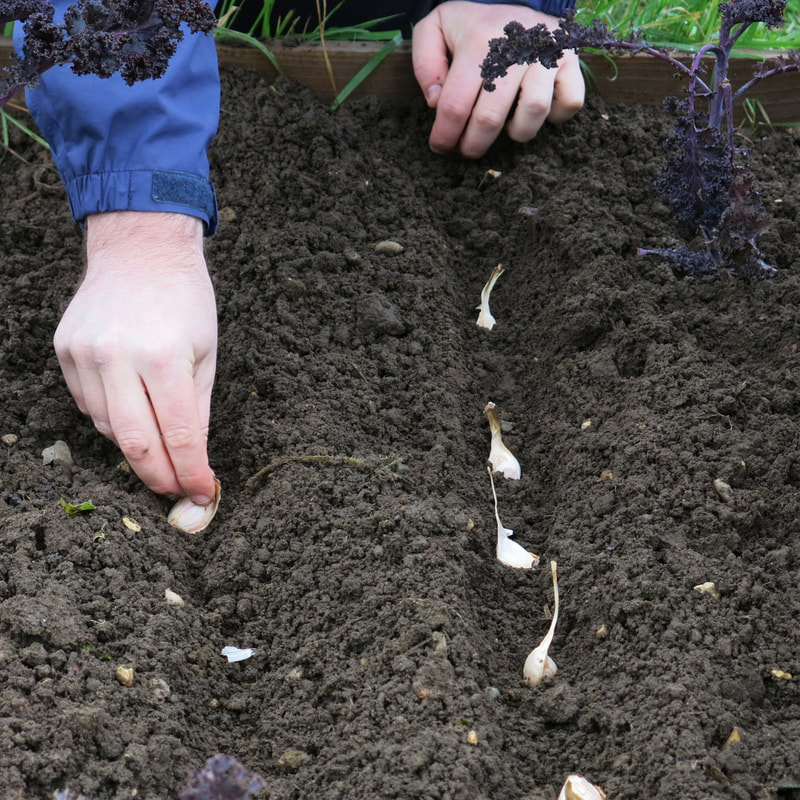
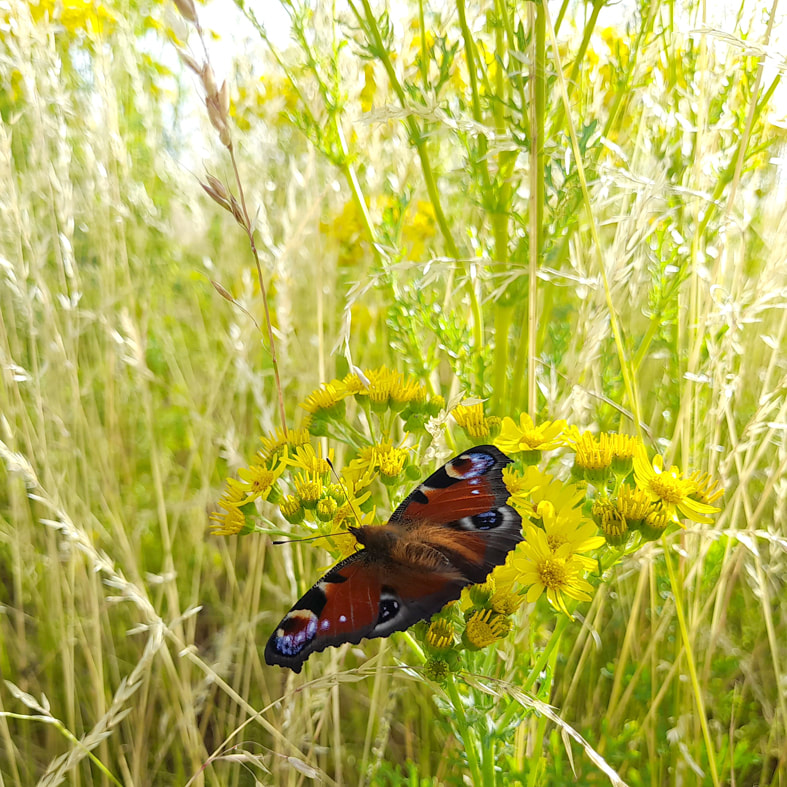
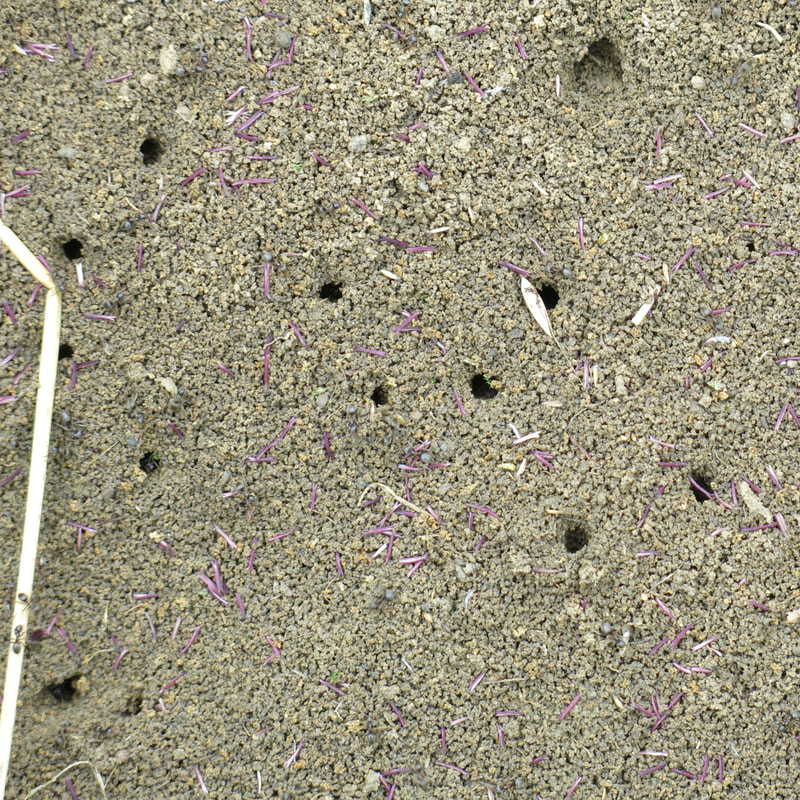
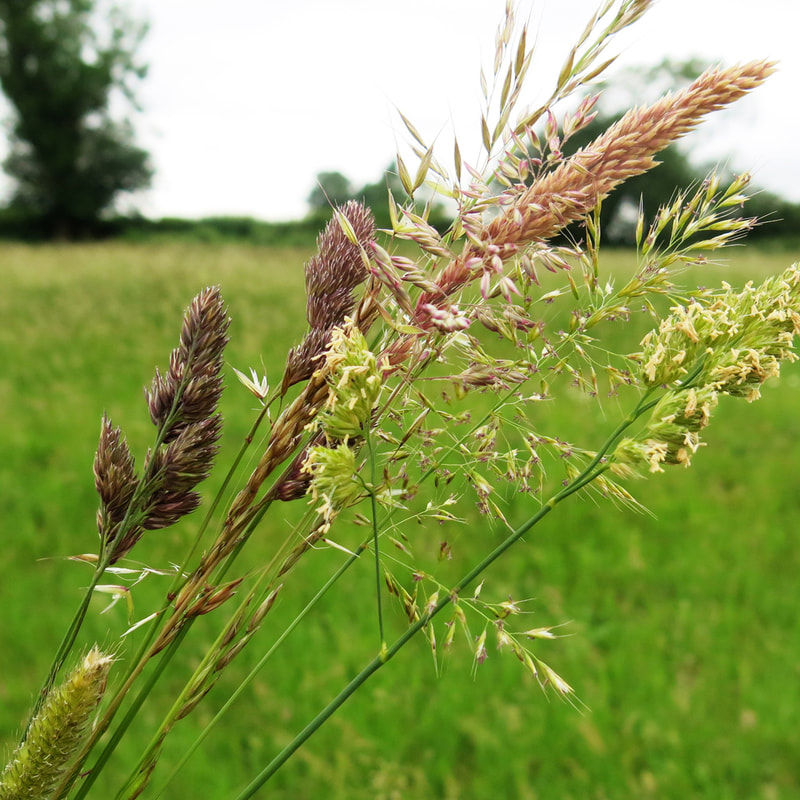
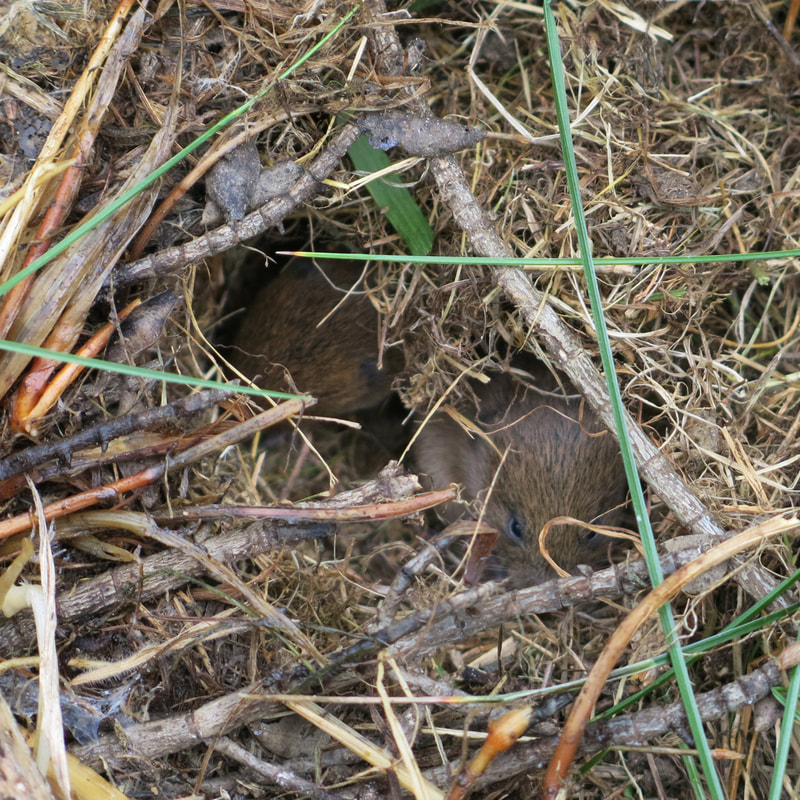
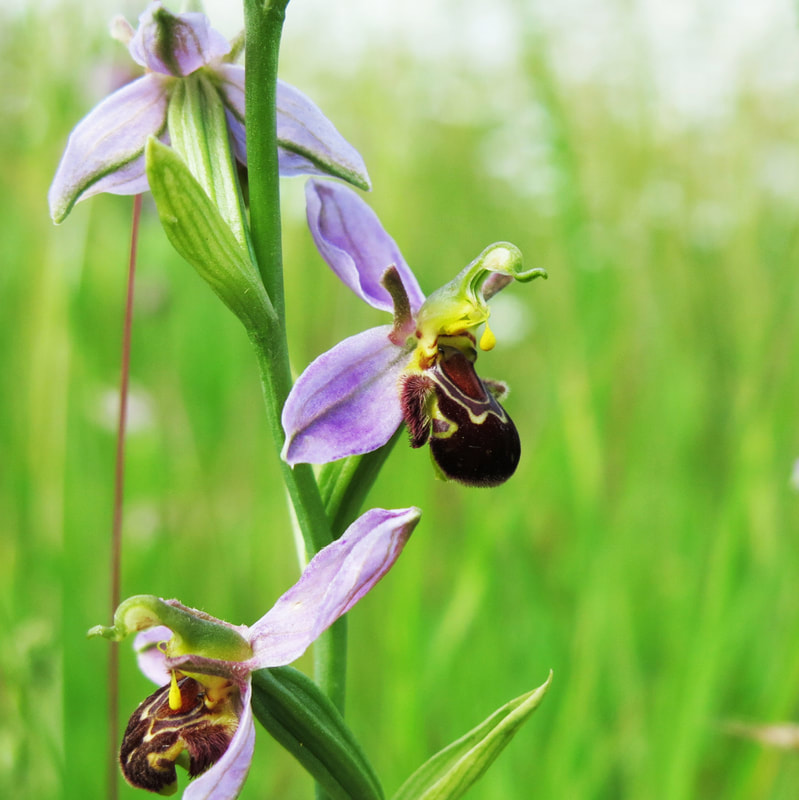
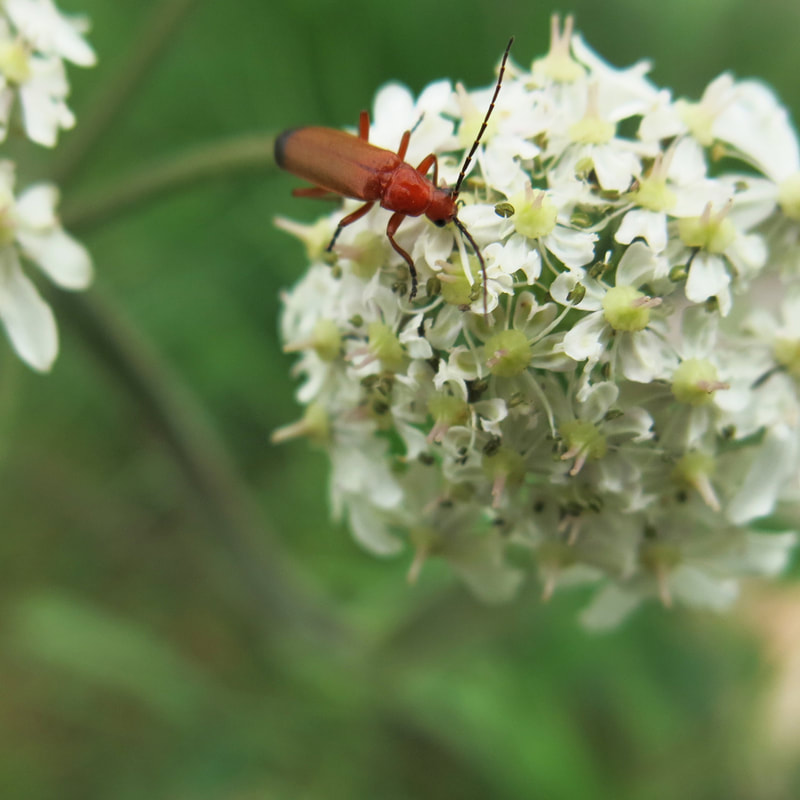
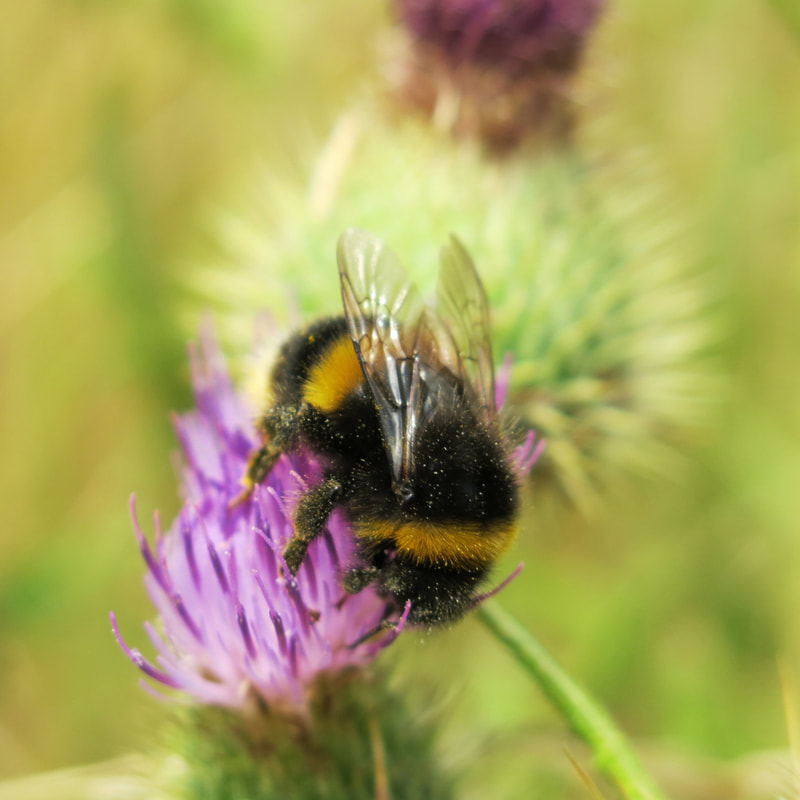
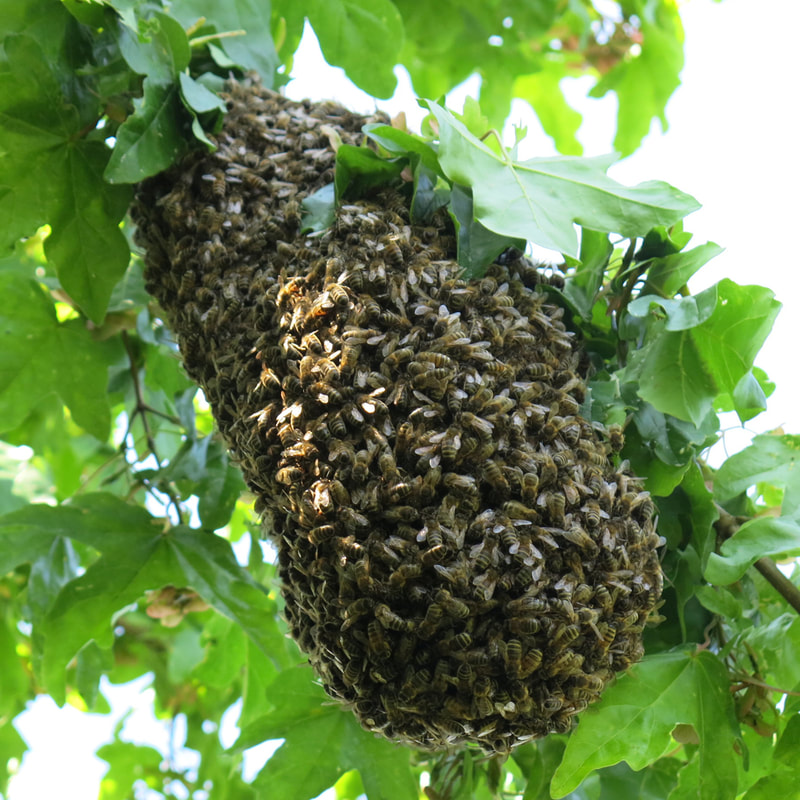
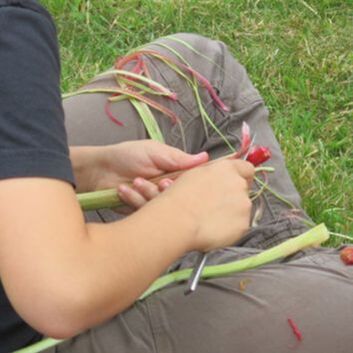
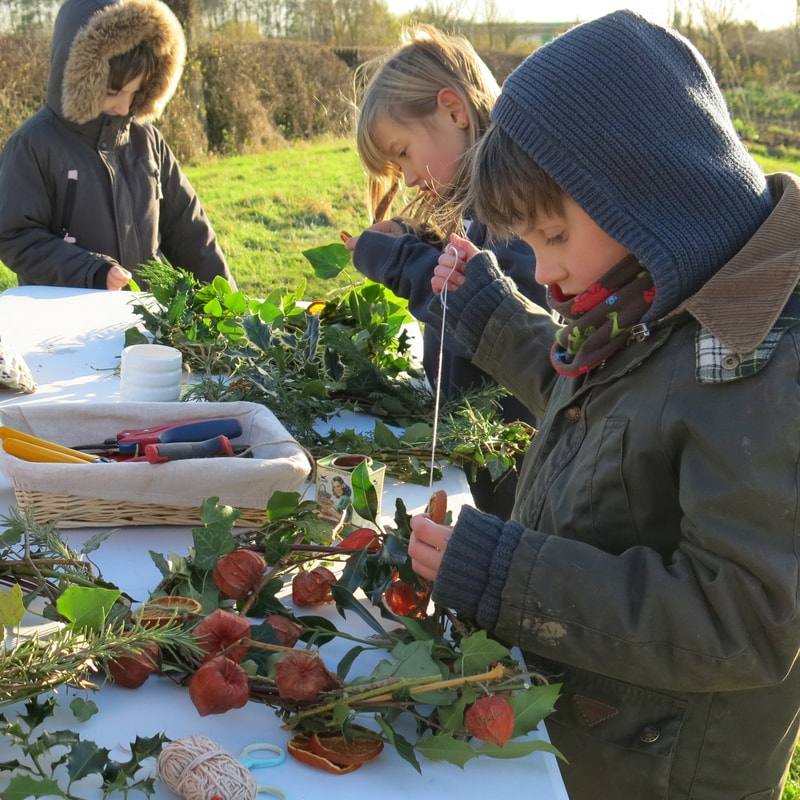
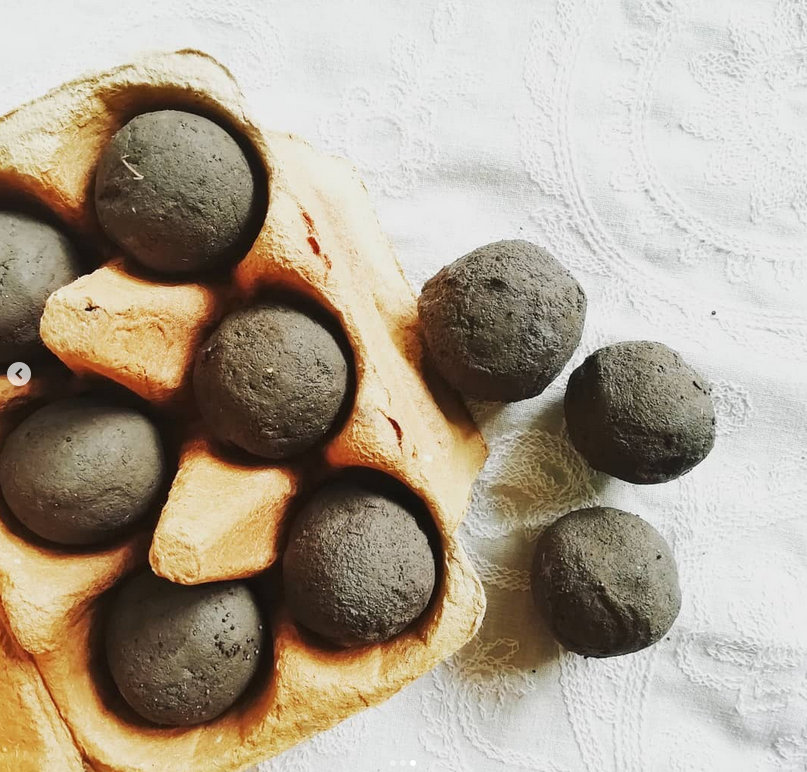
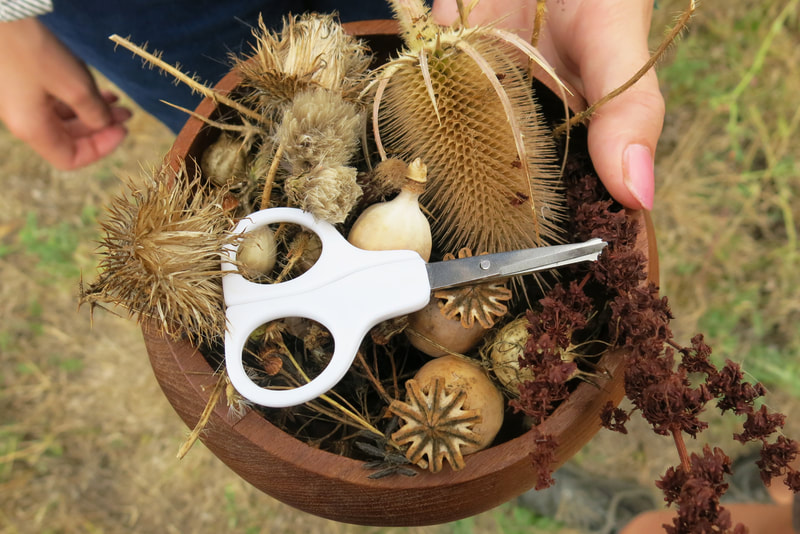
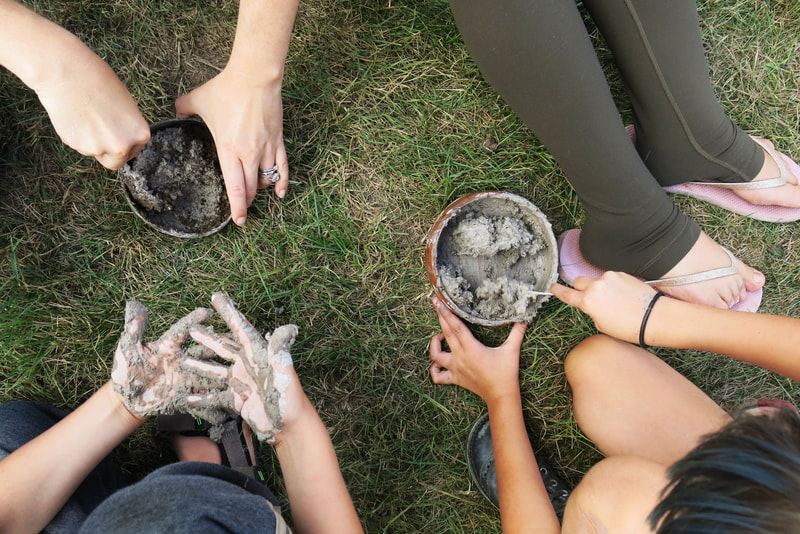
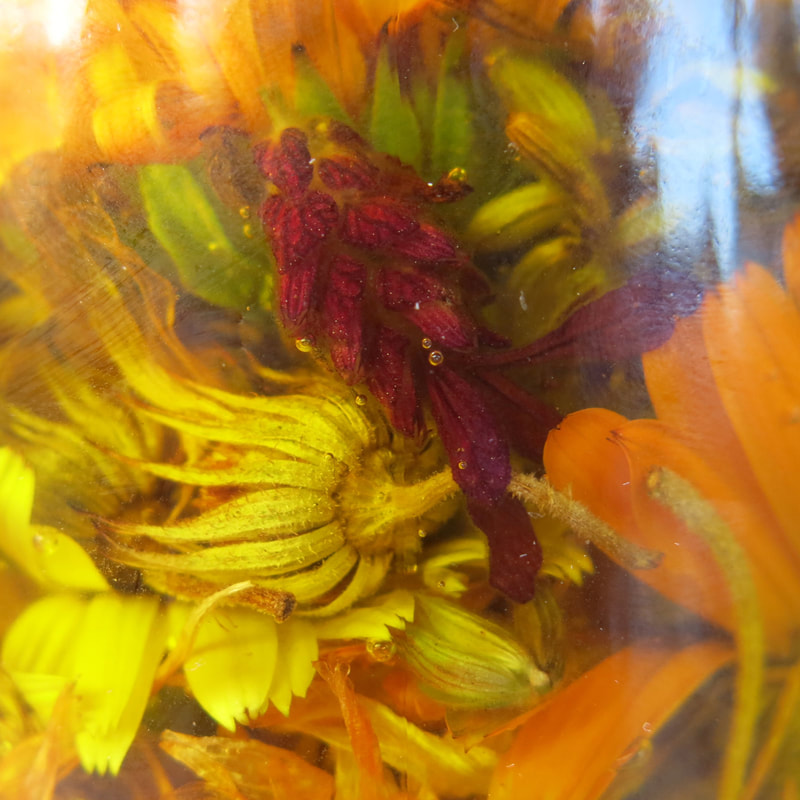
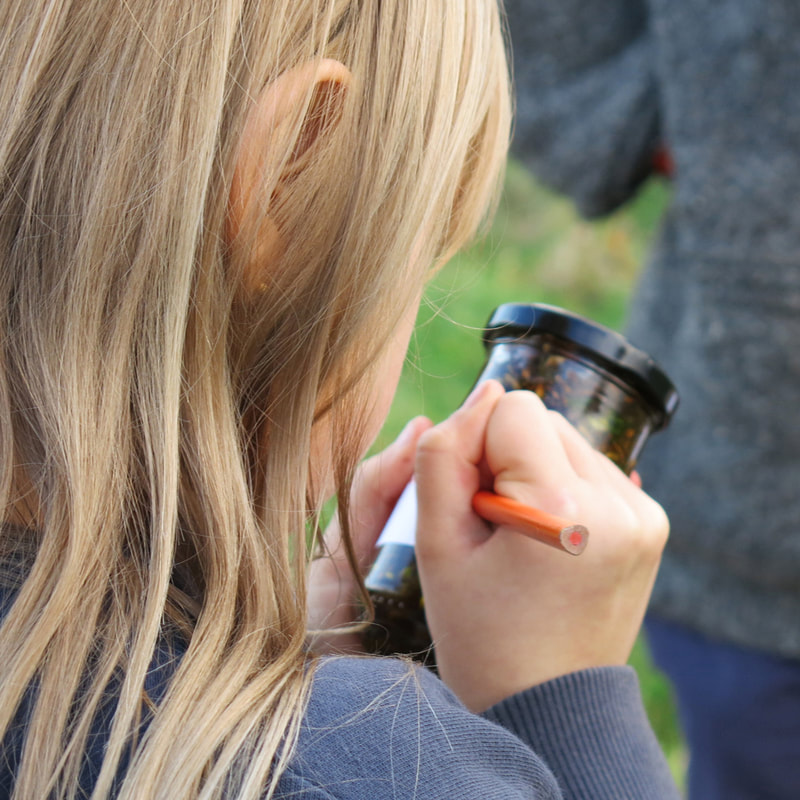
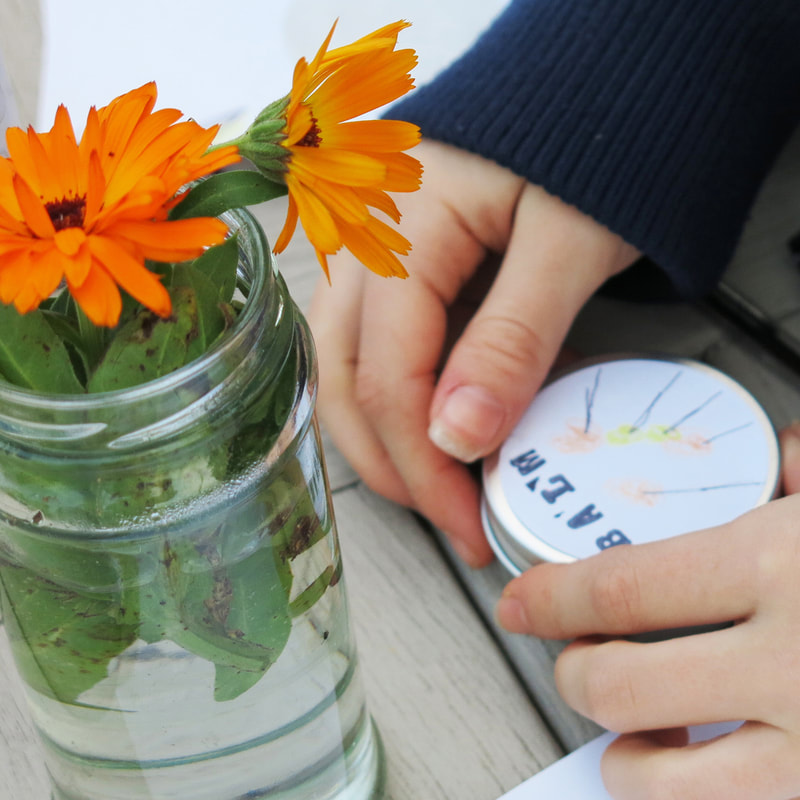
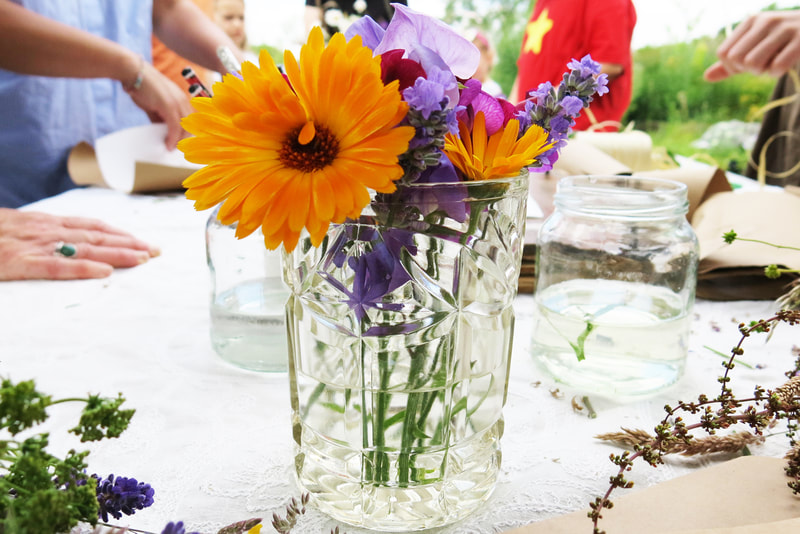
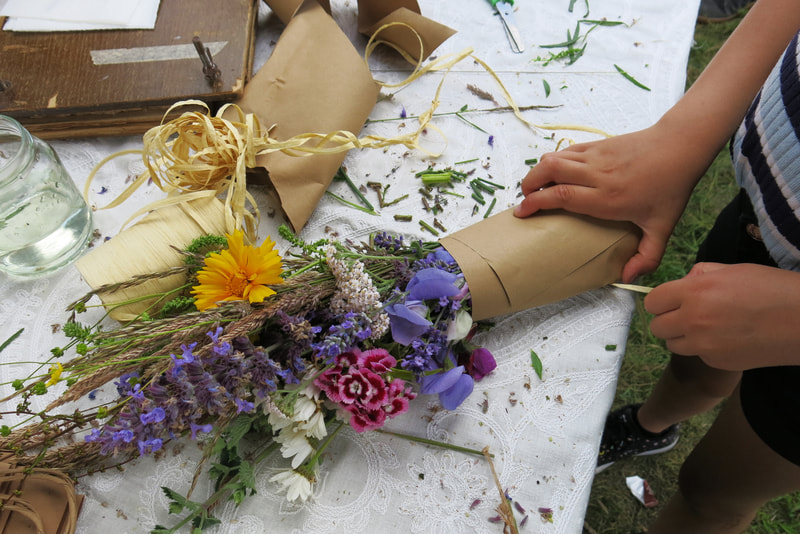
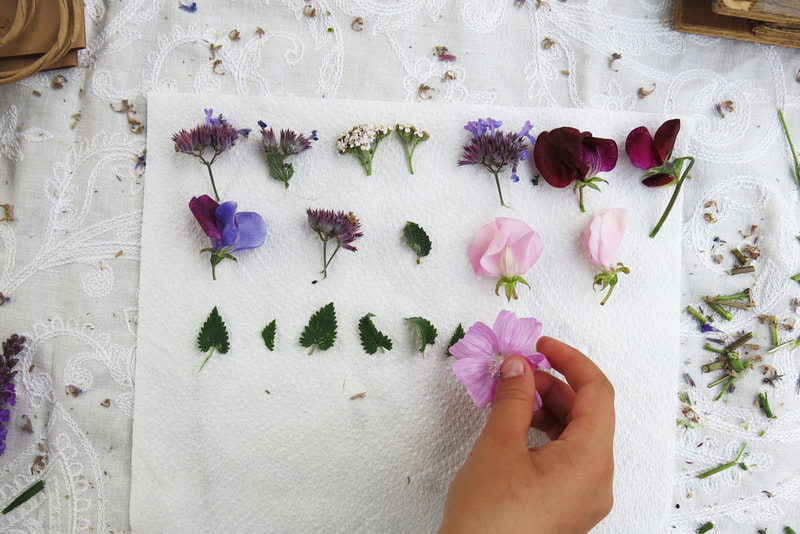
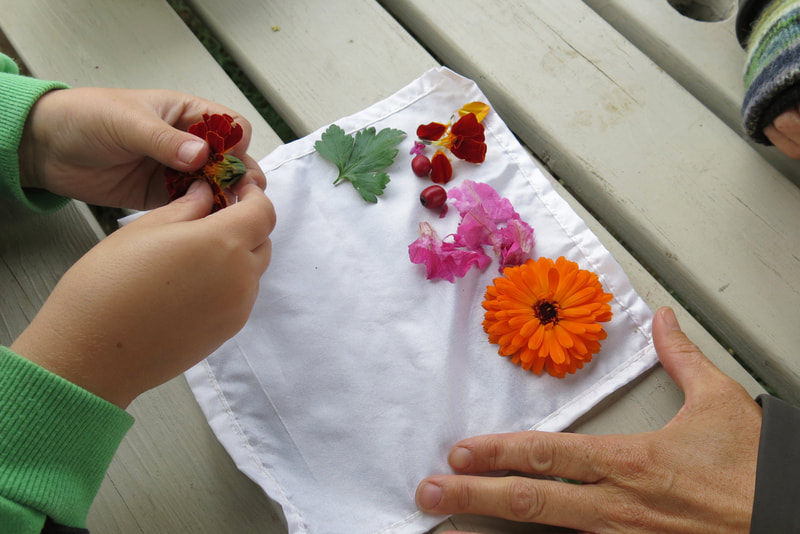
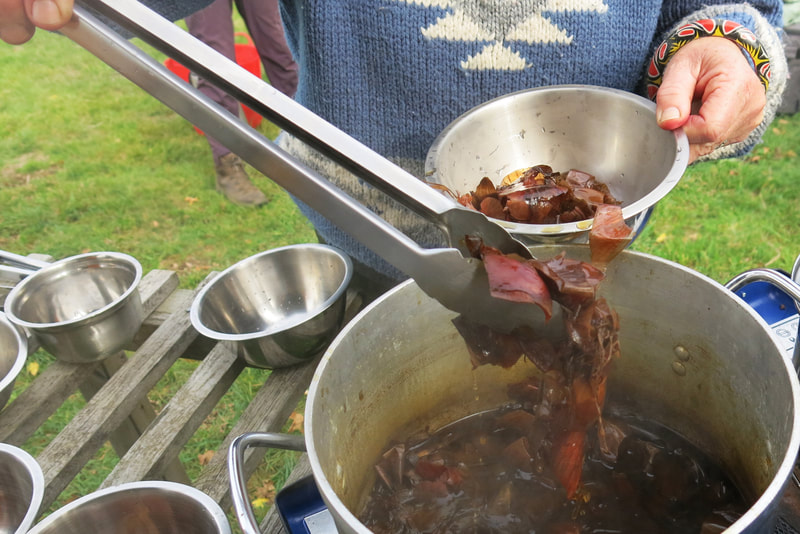
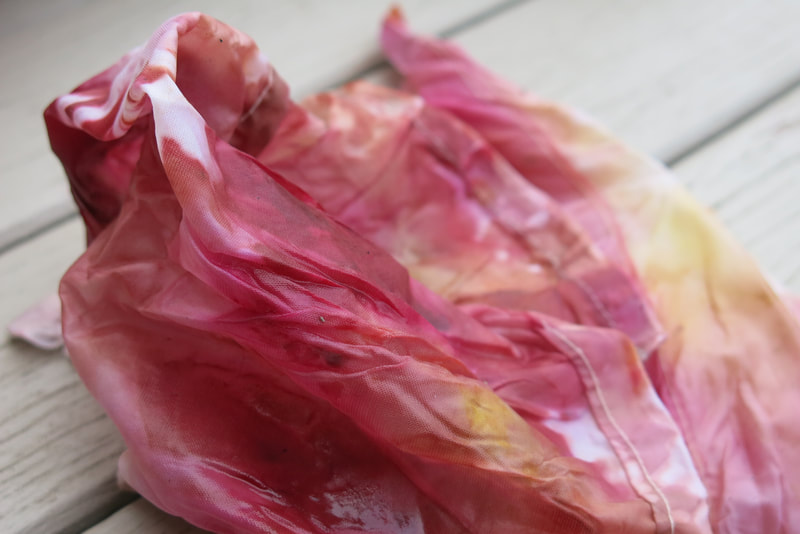
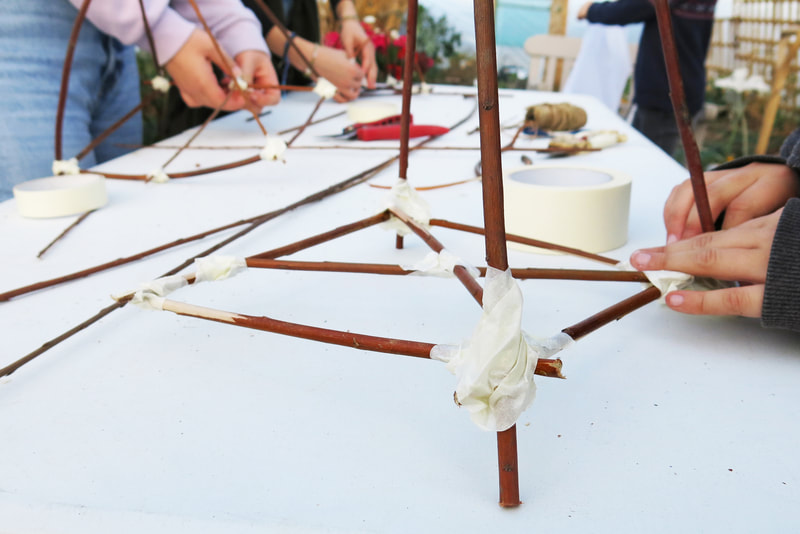
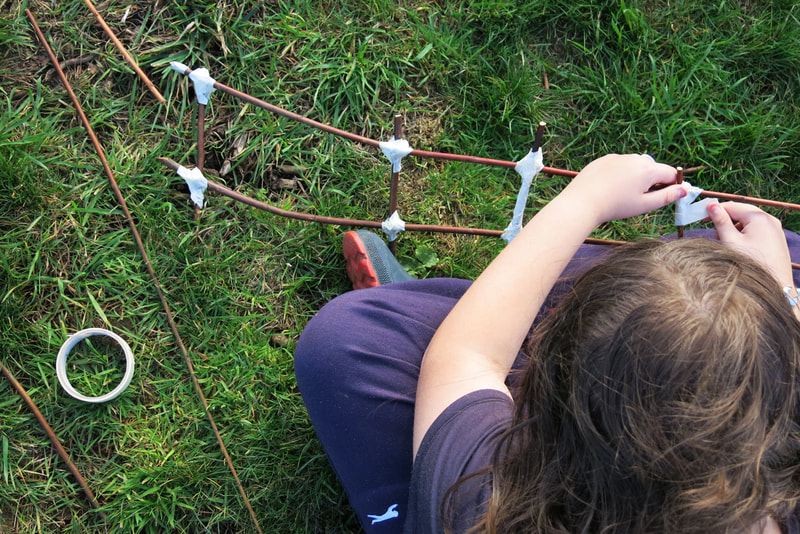
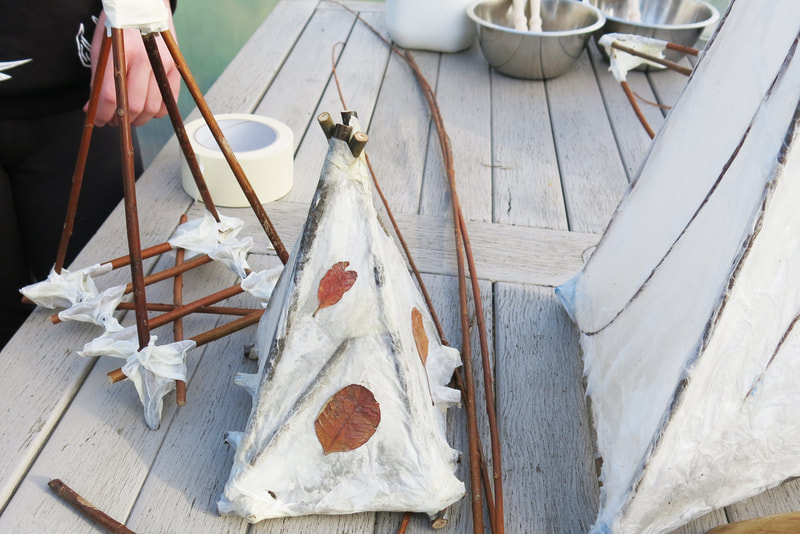
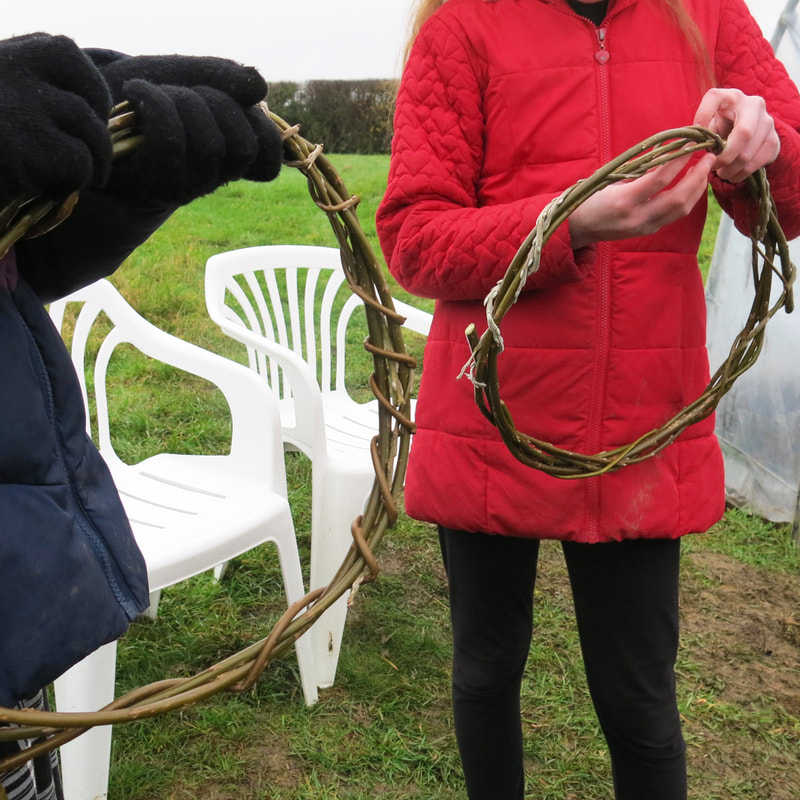
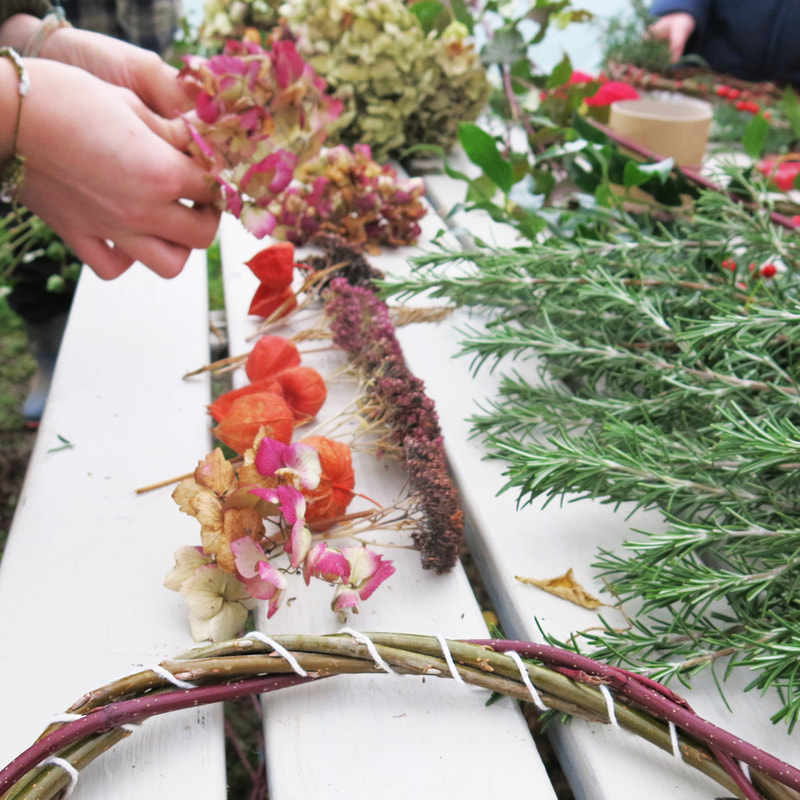
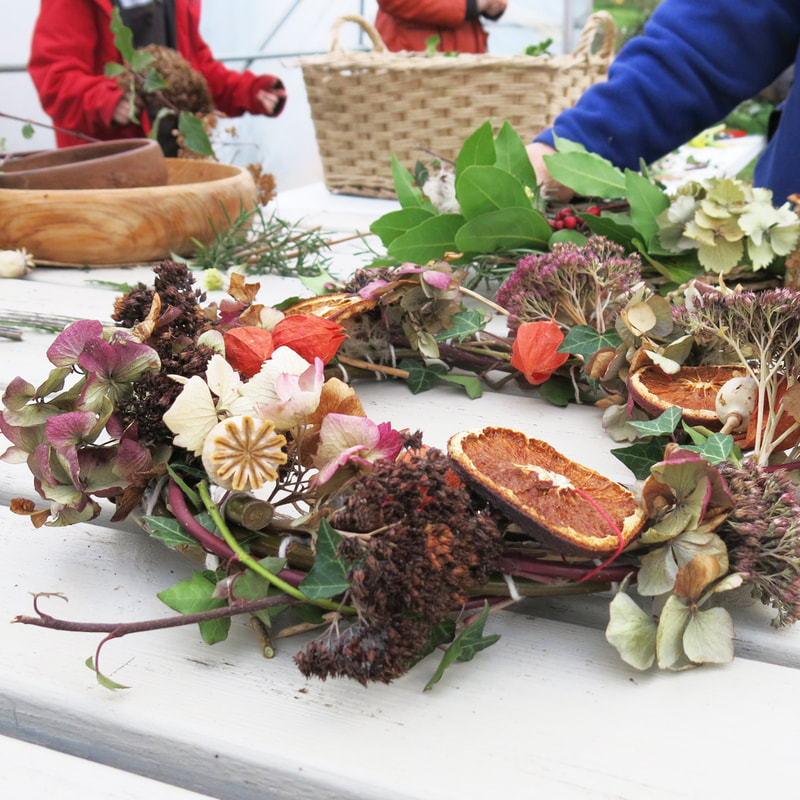
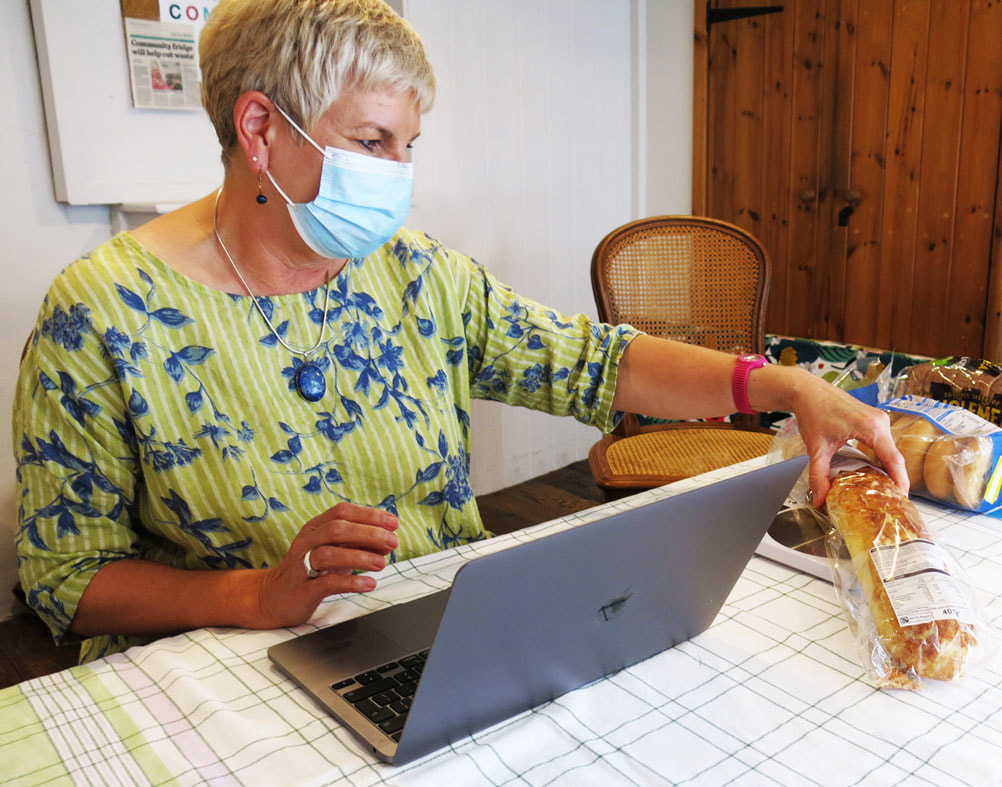
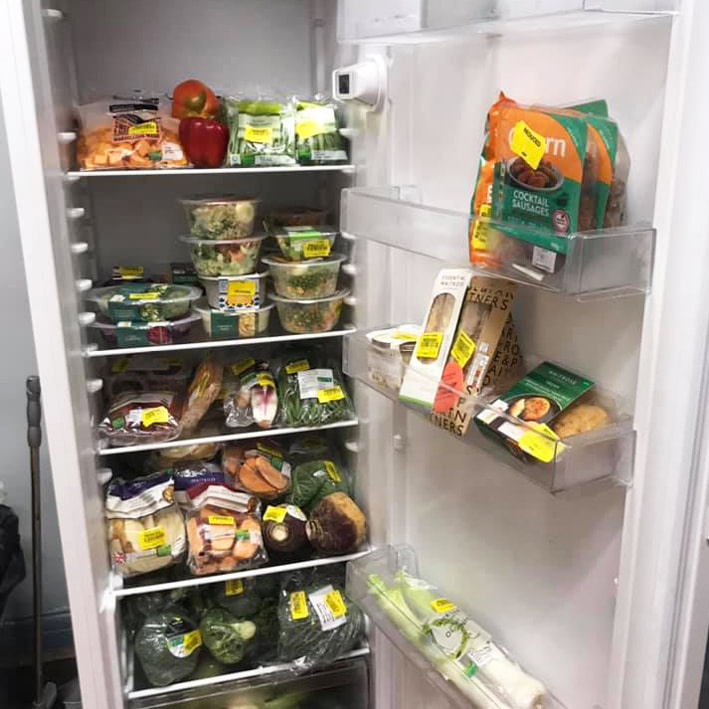
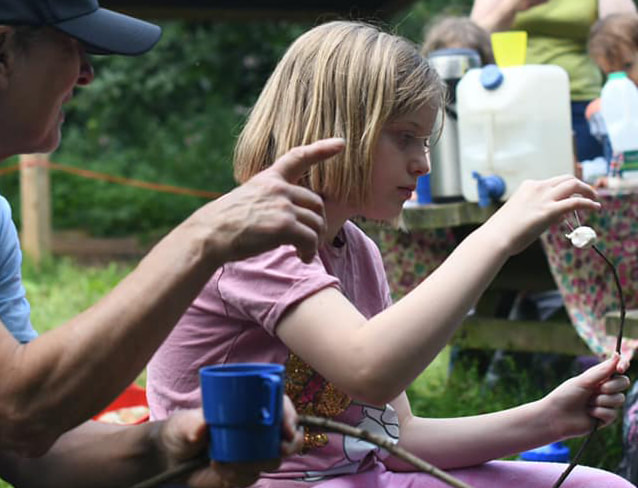
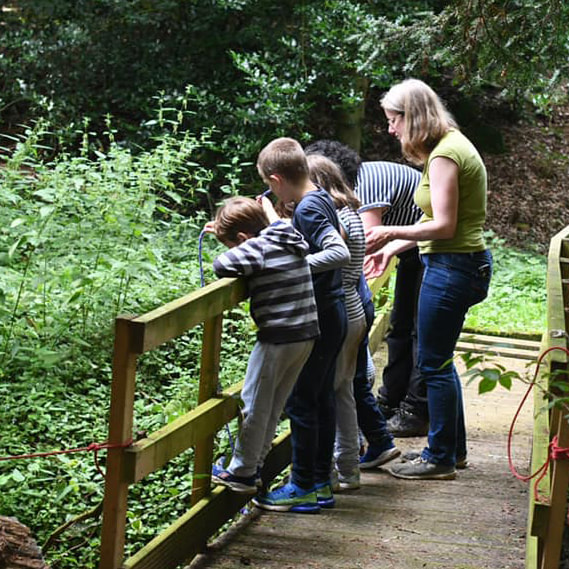
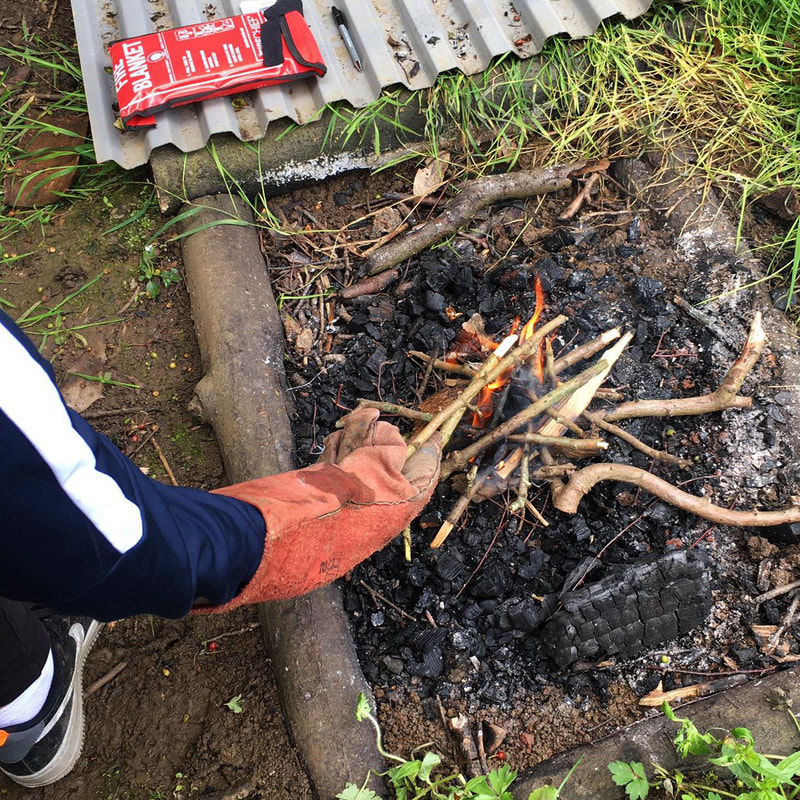
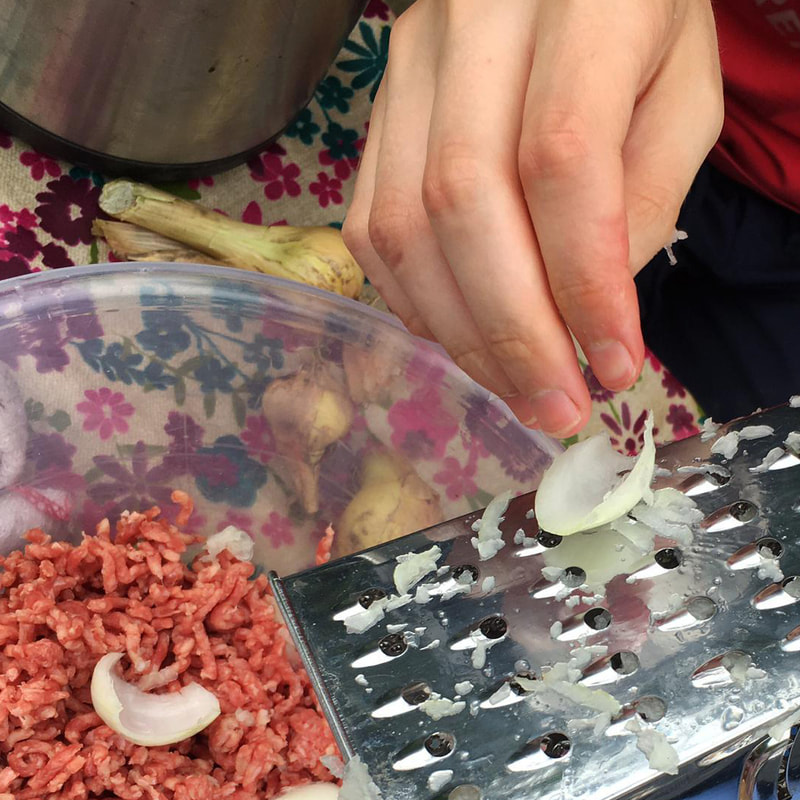
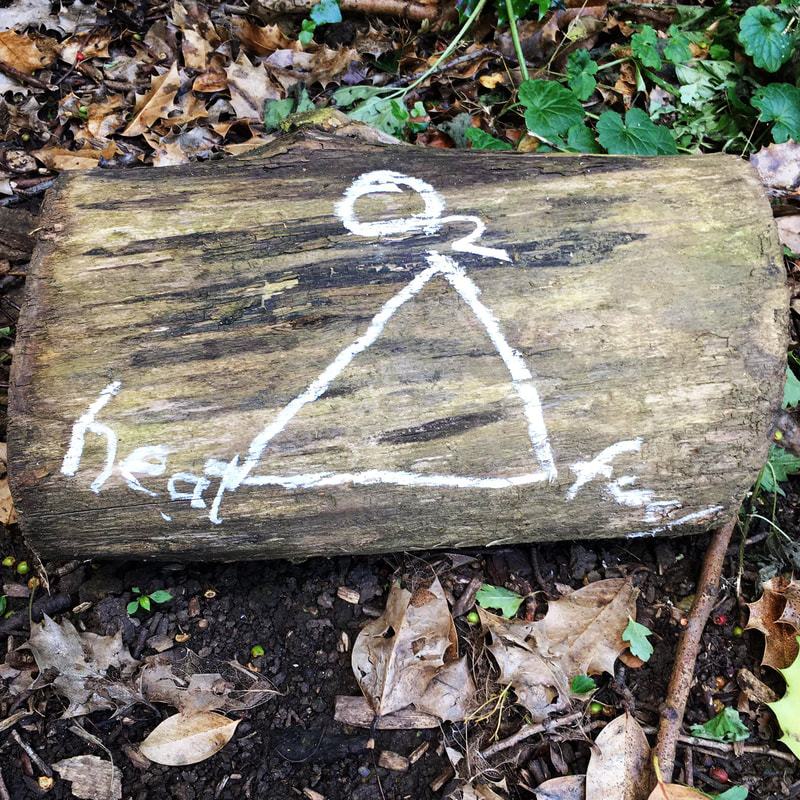
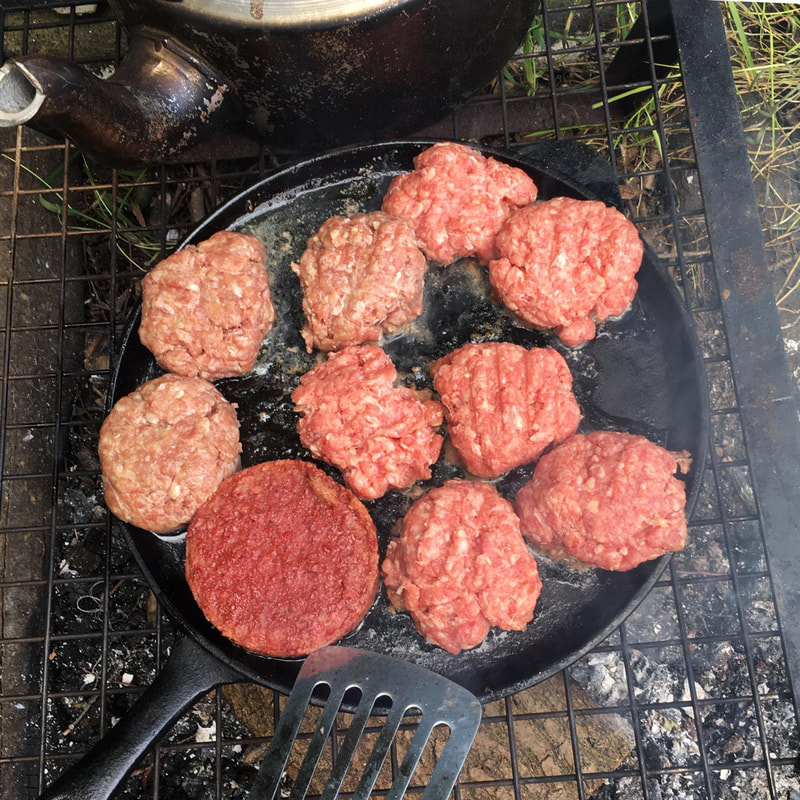
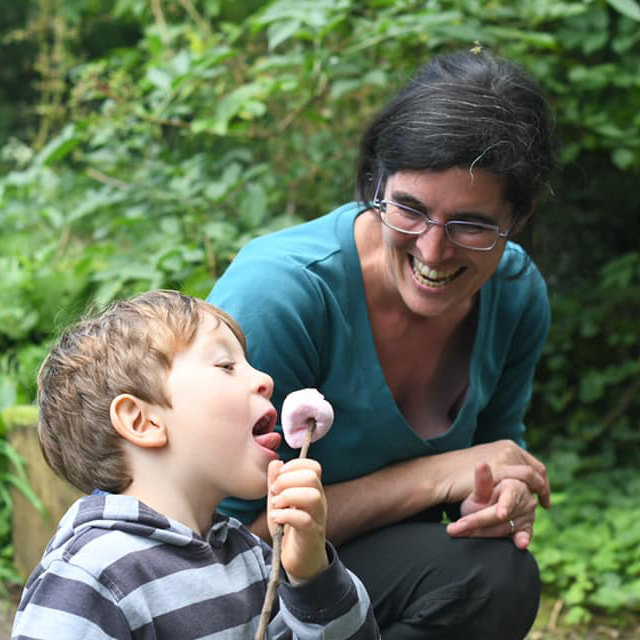
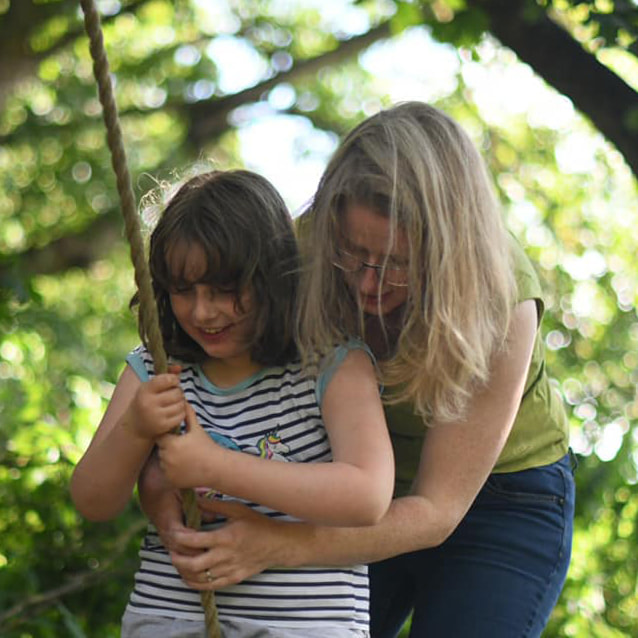

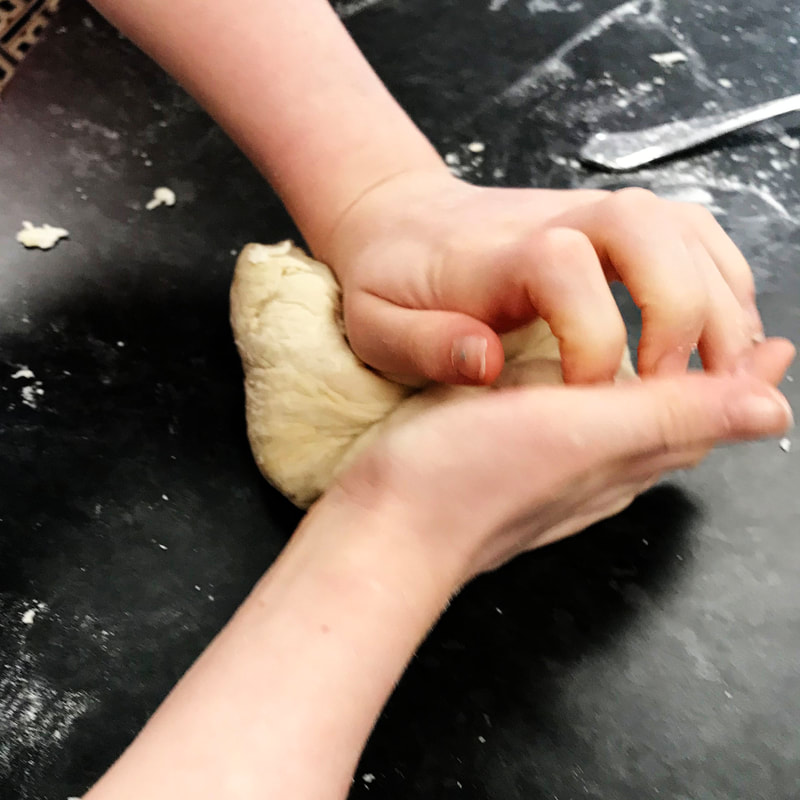


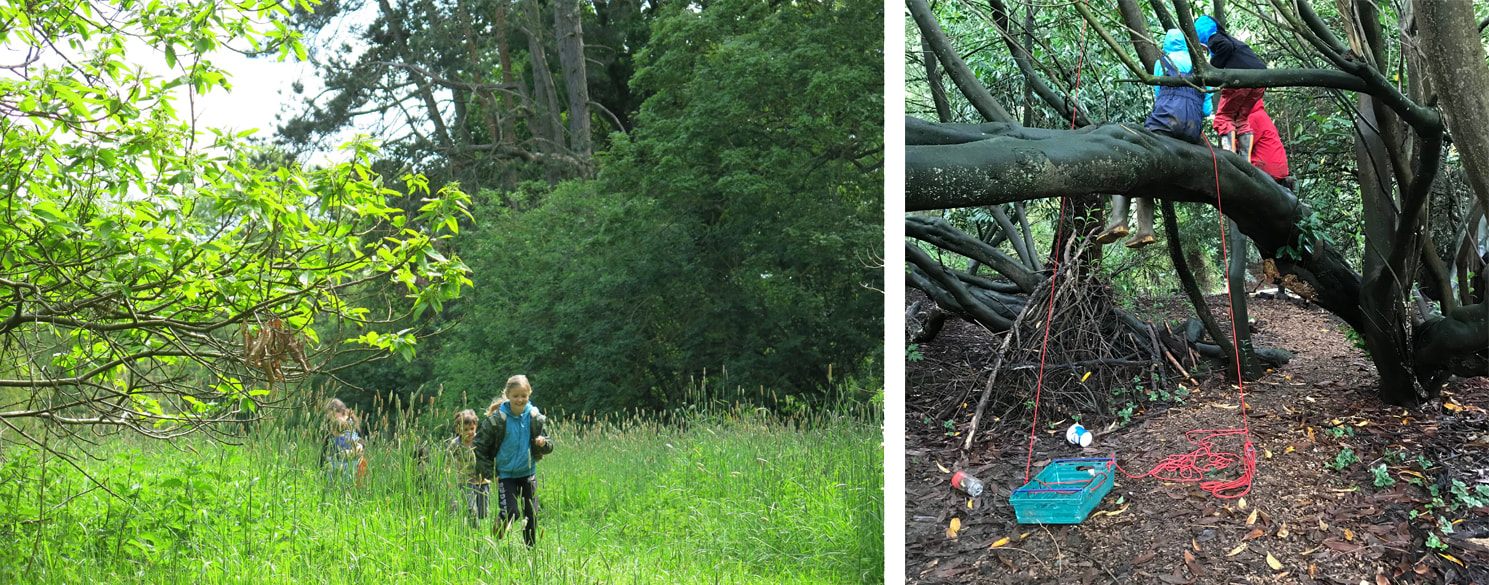
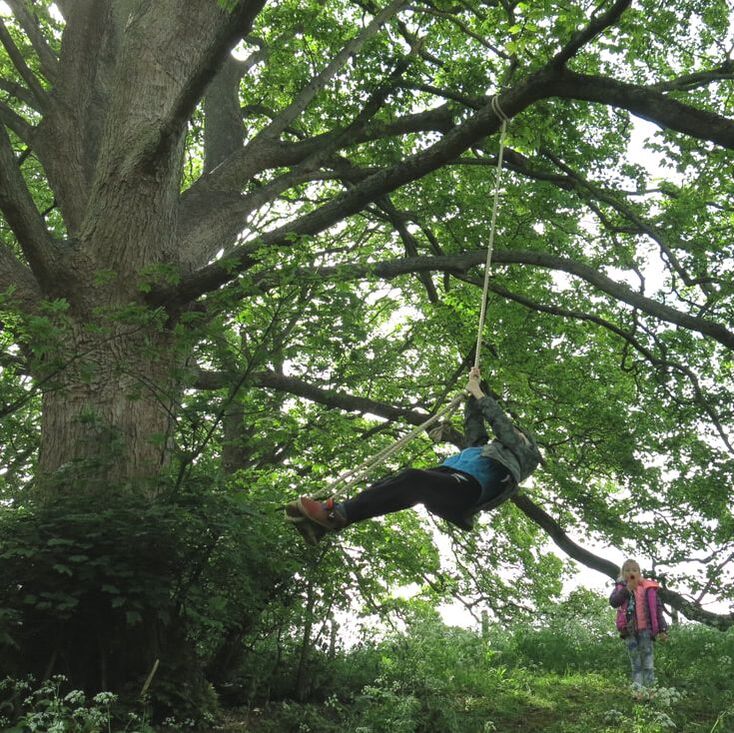
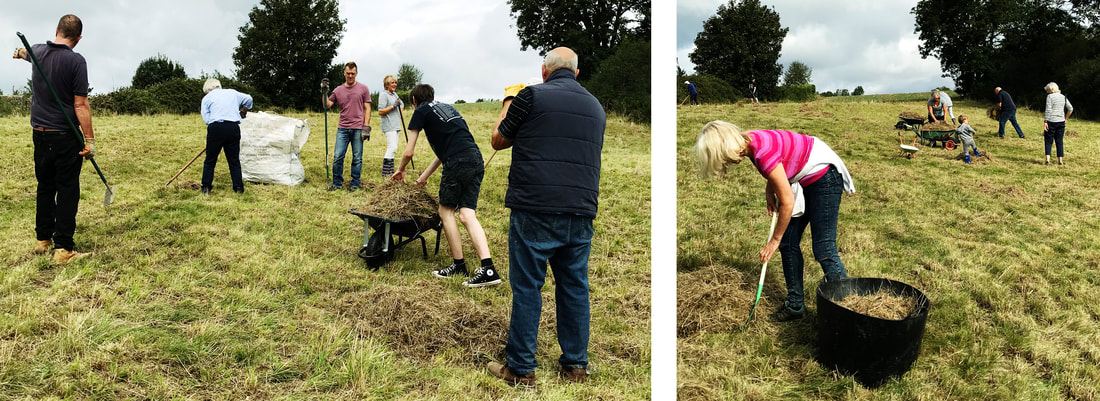
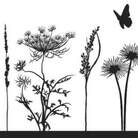
 RSS Feed
RSS Feed

